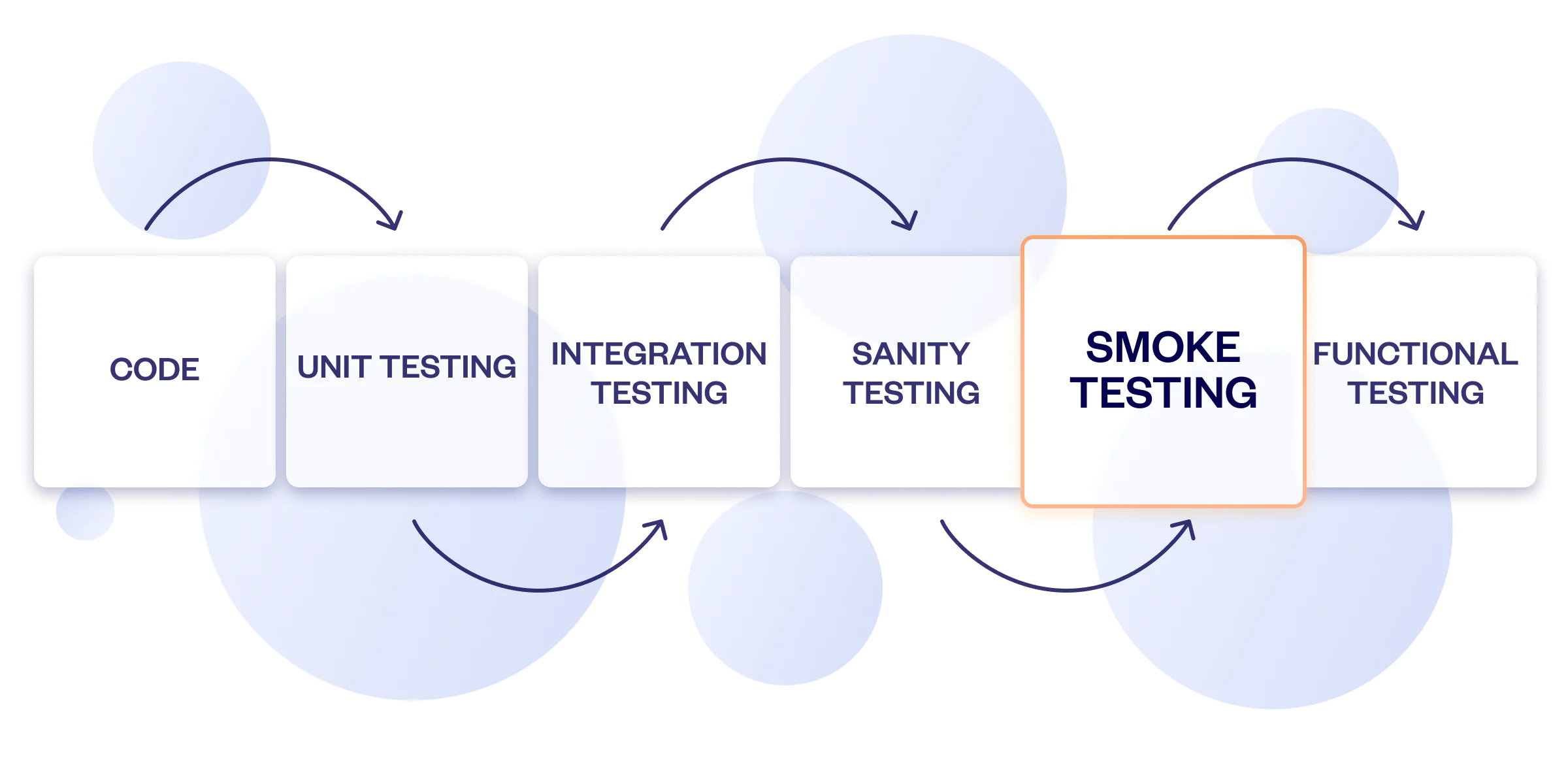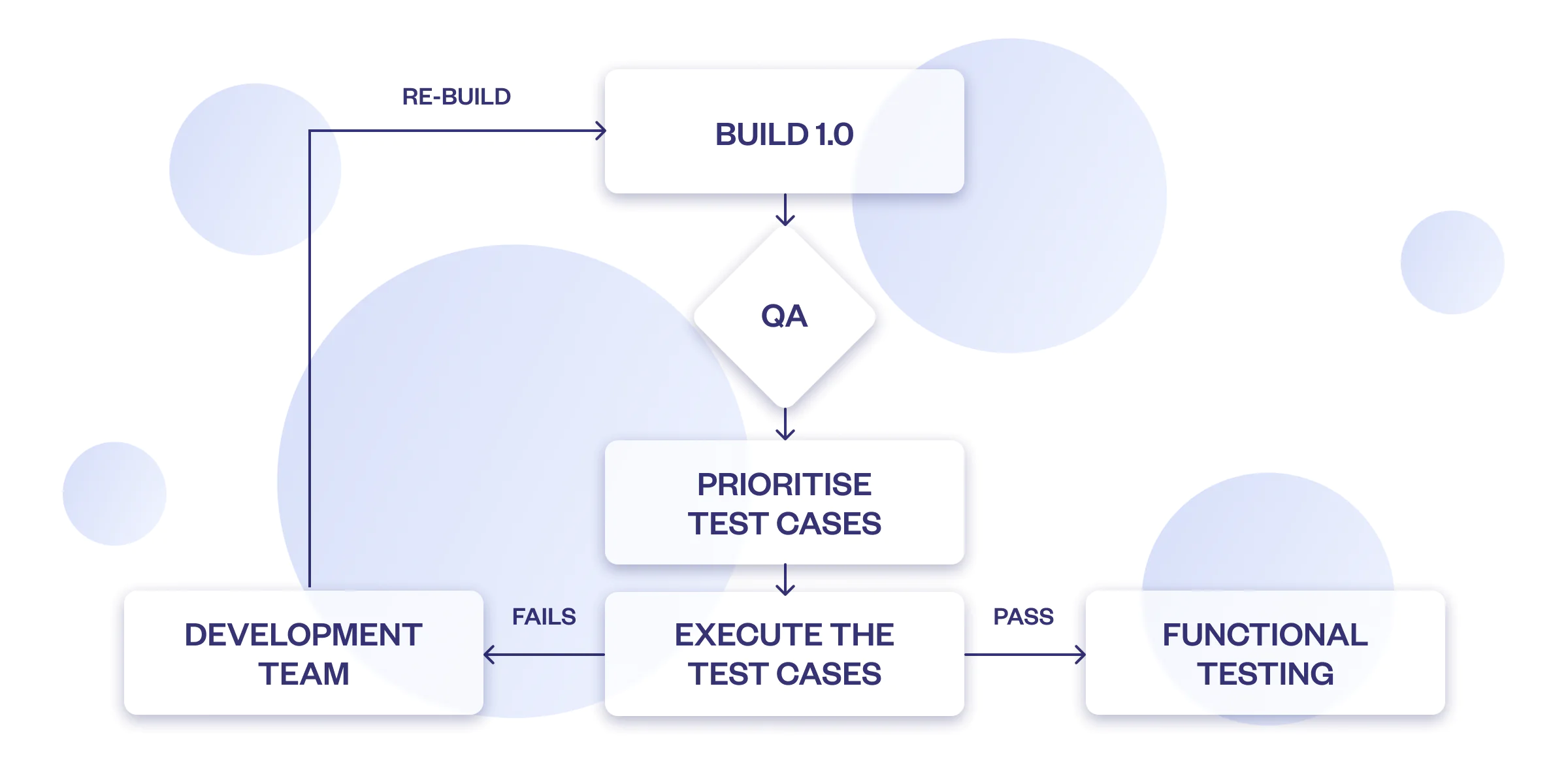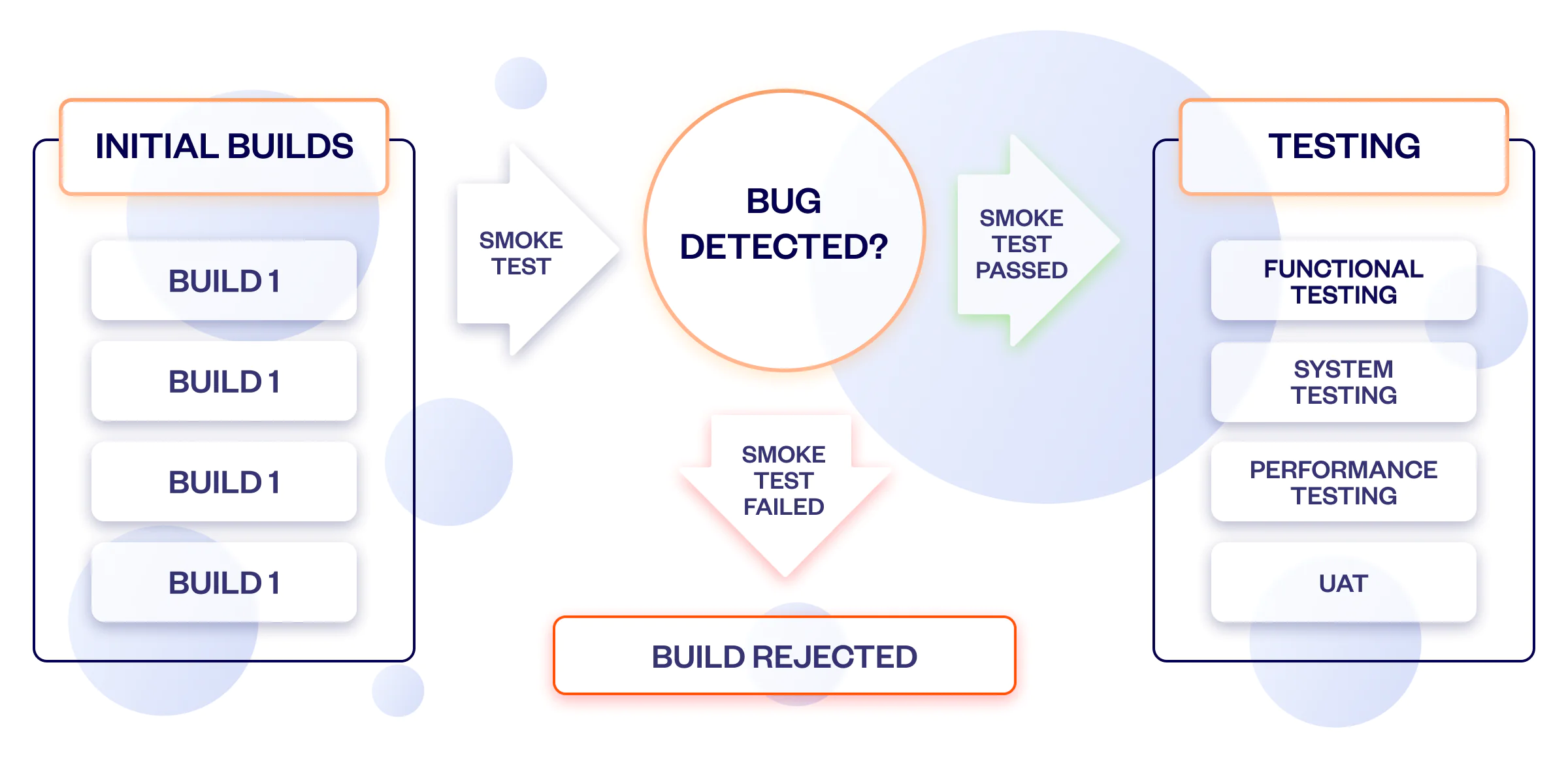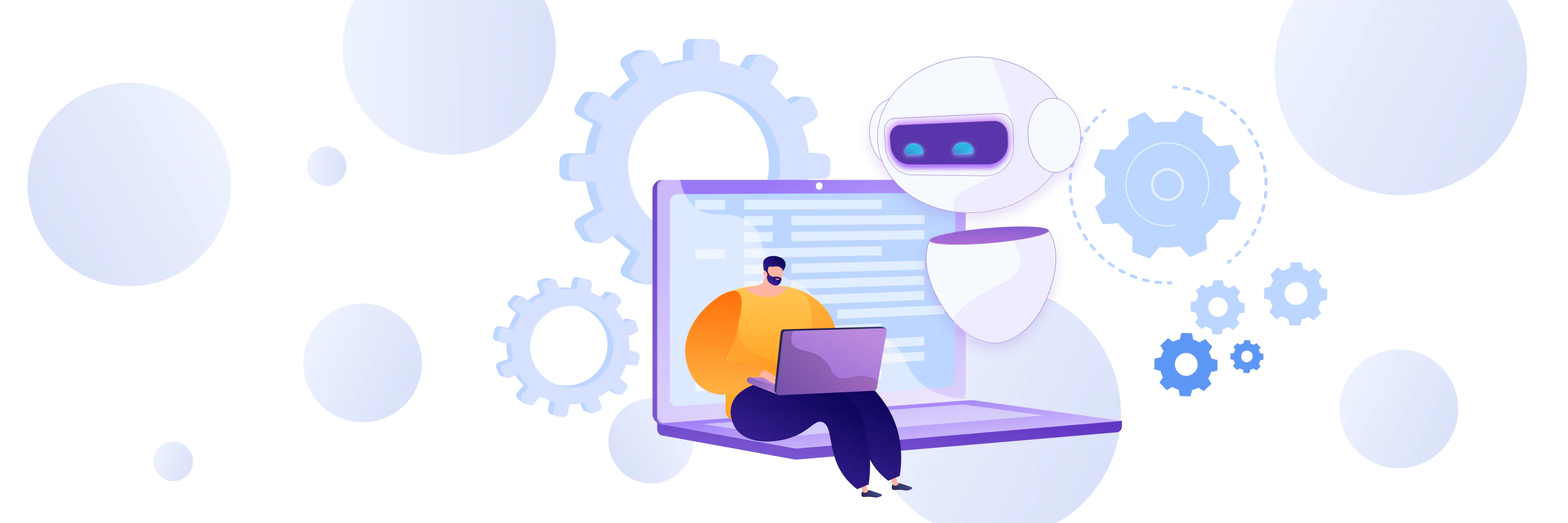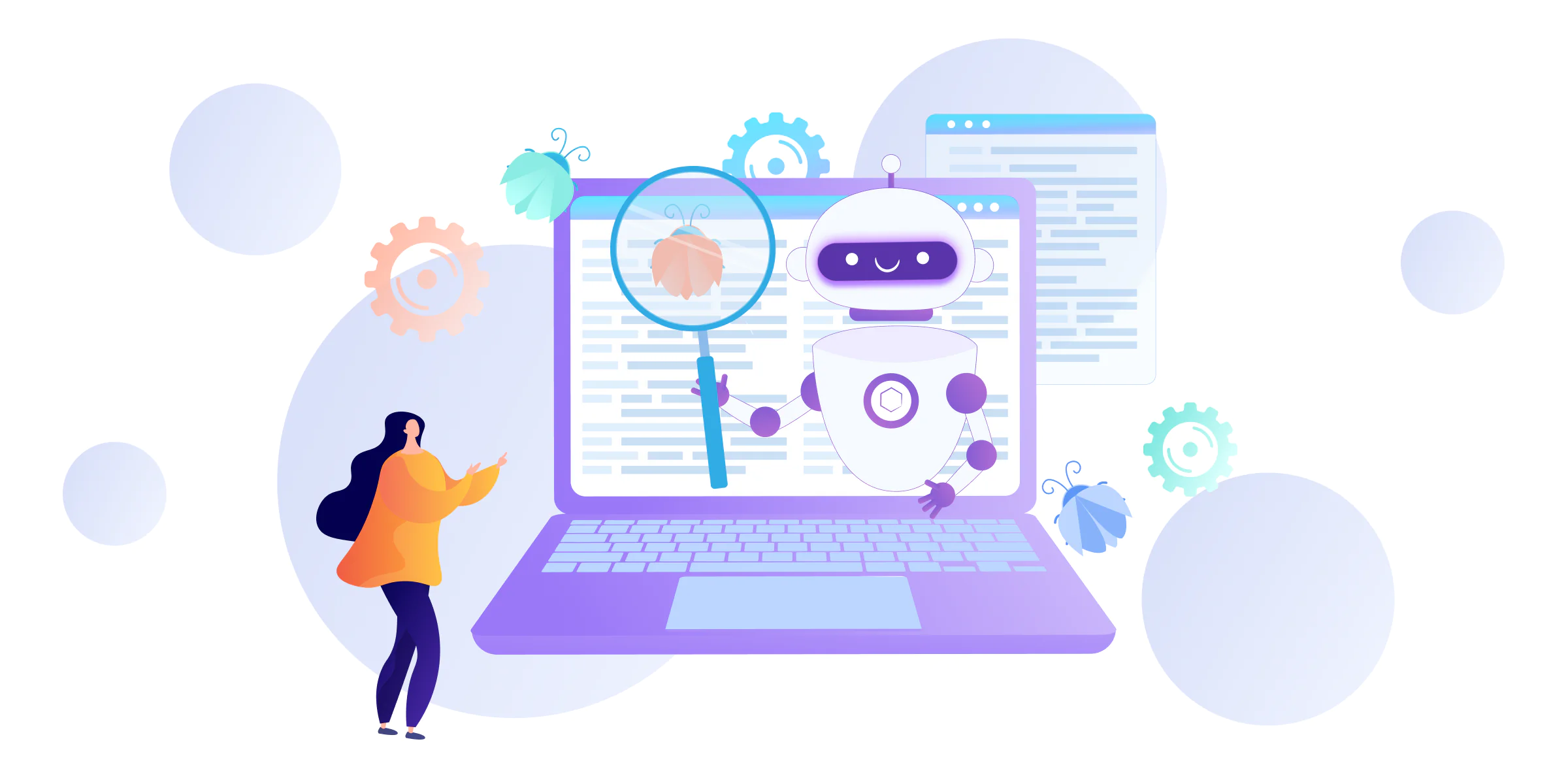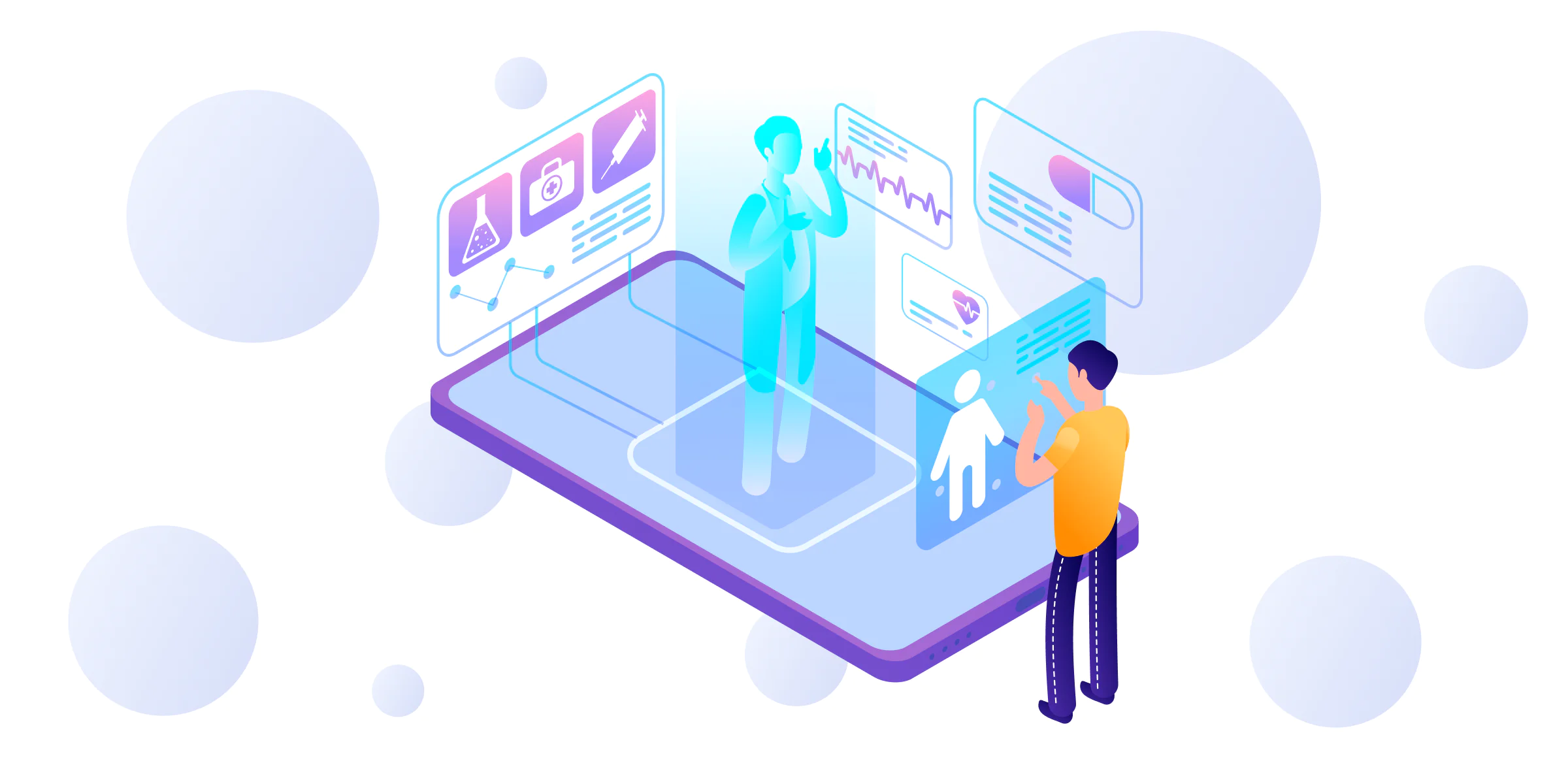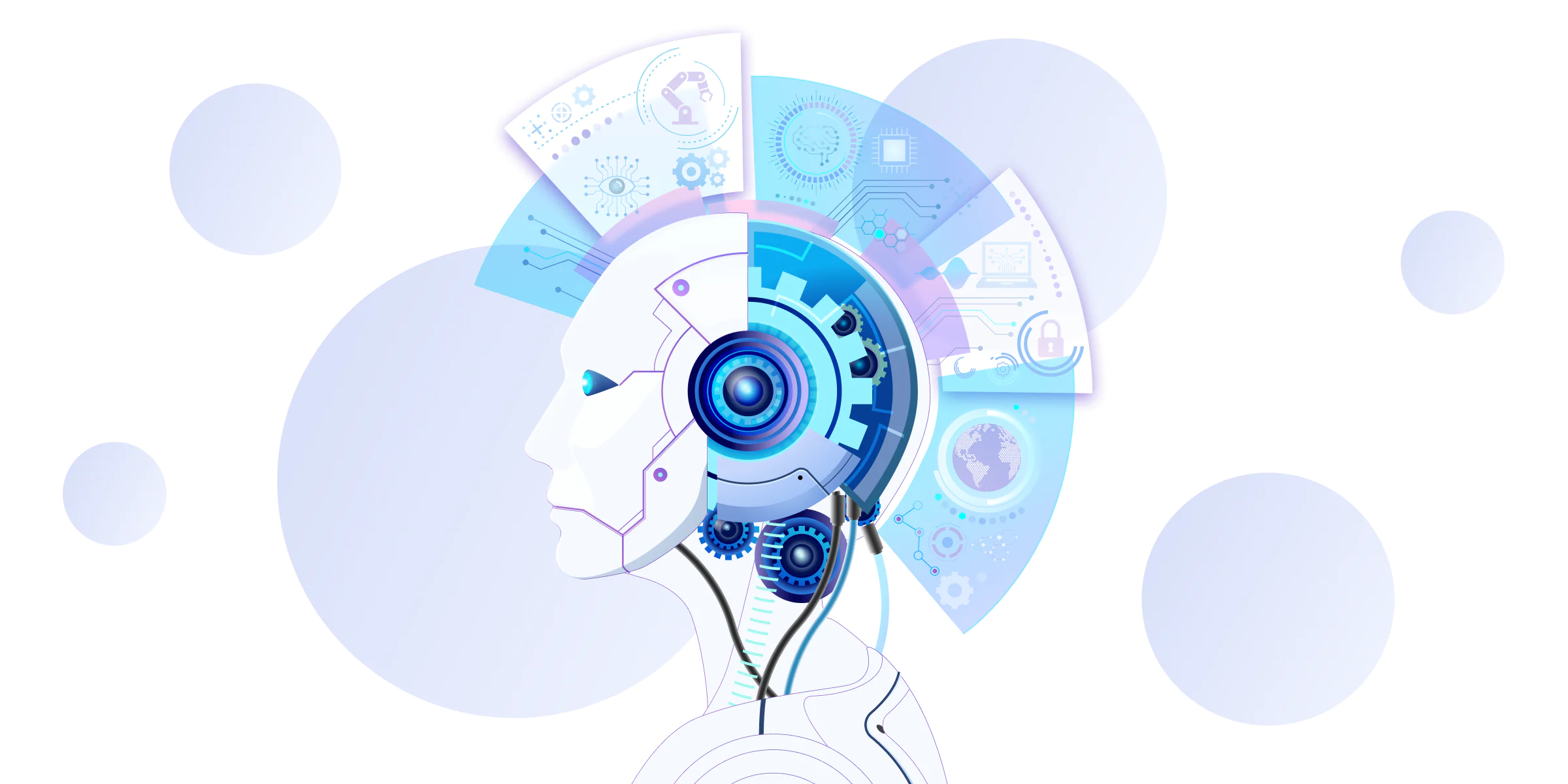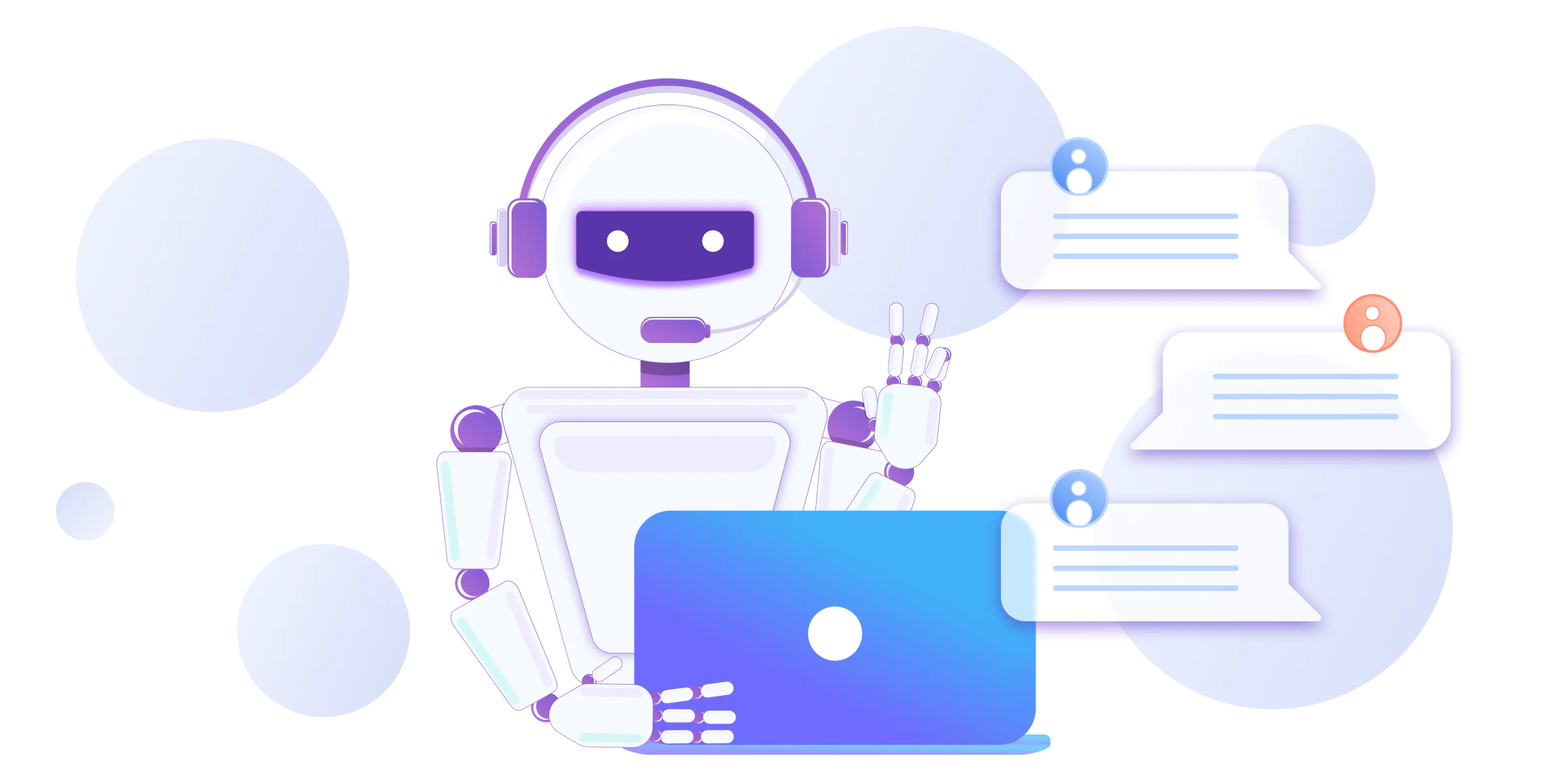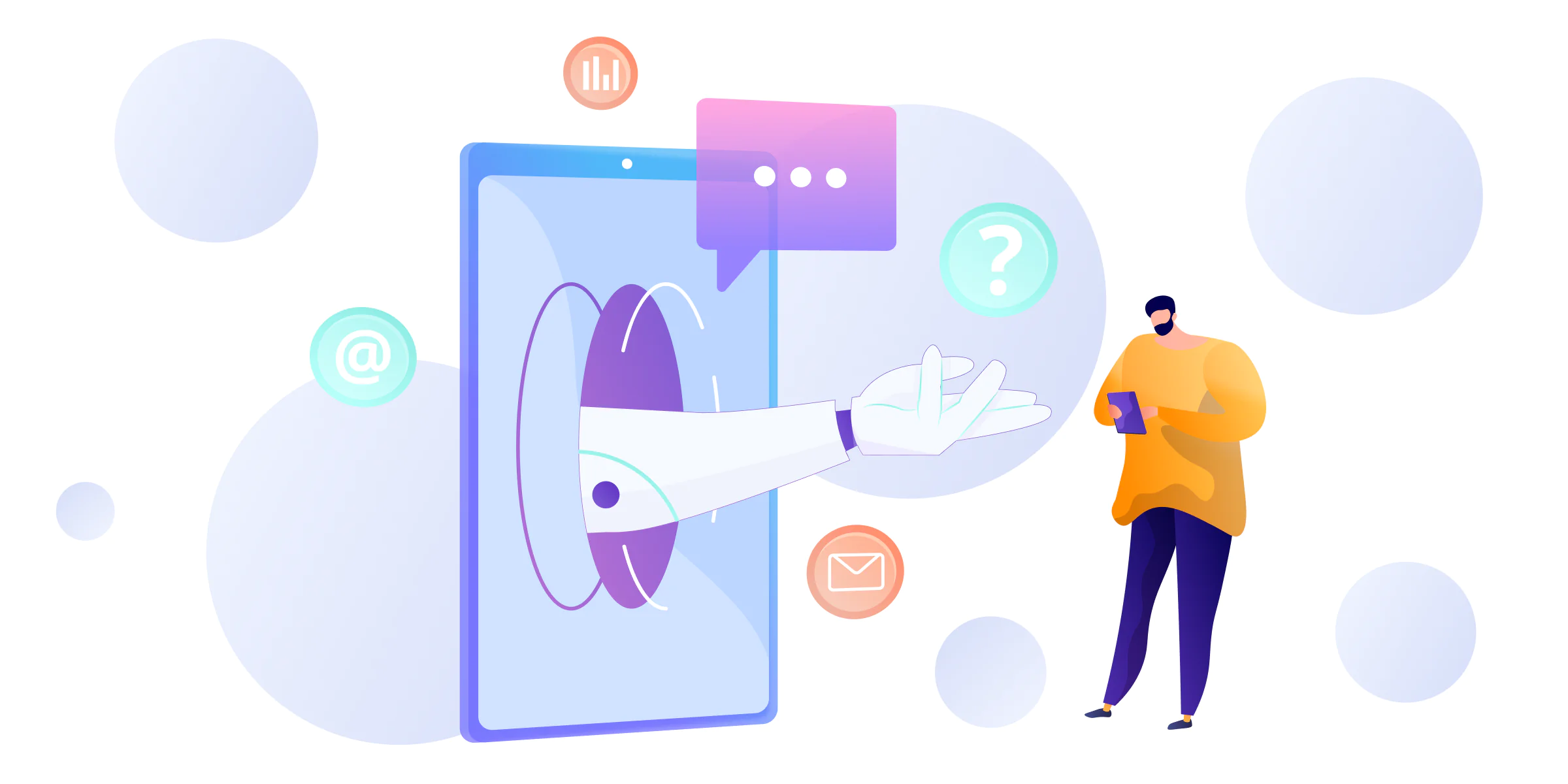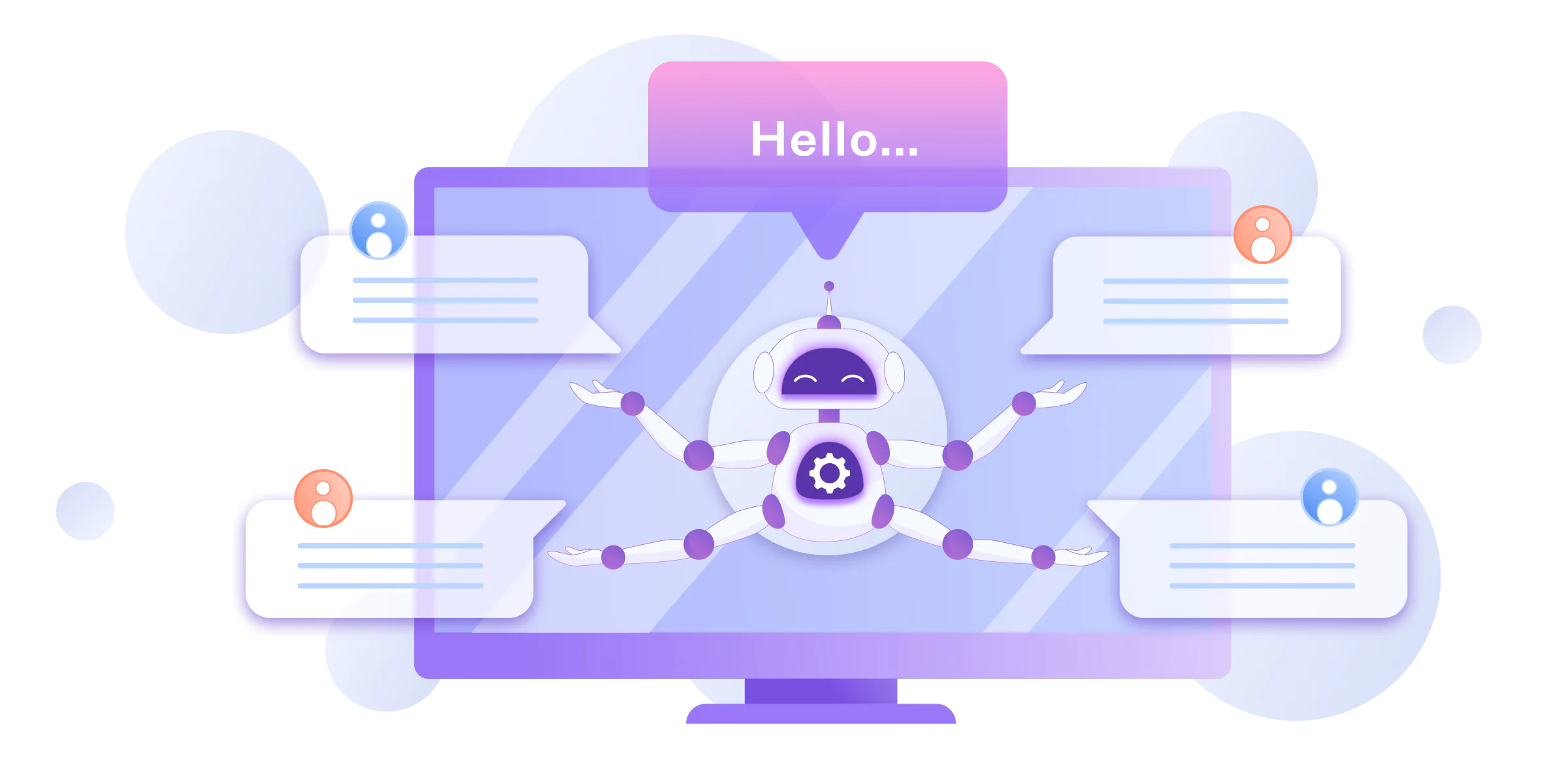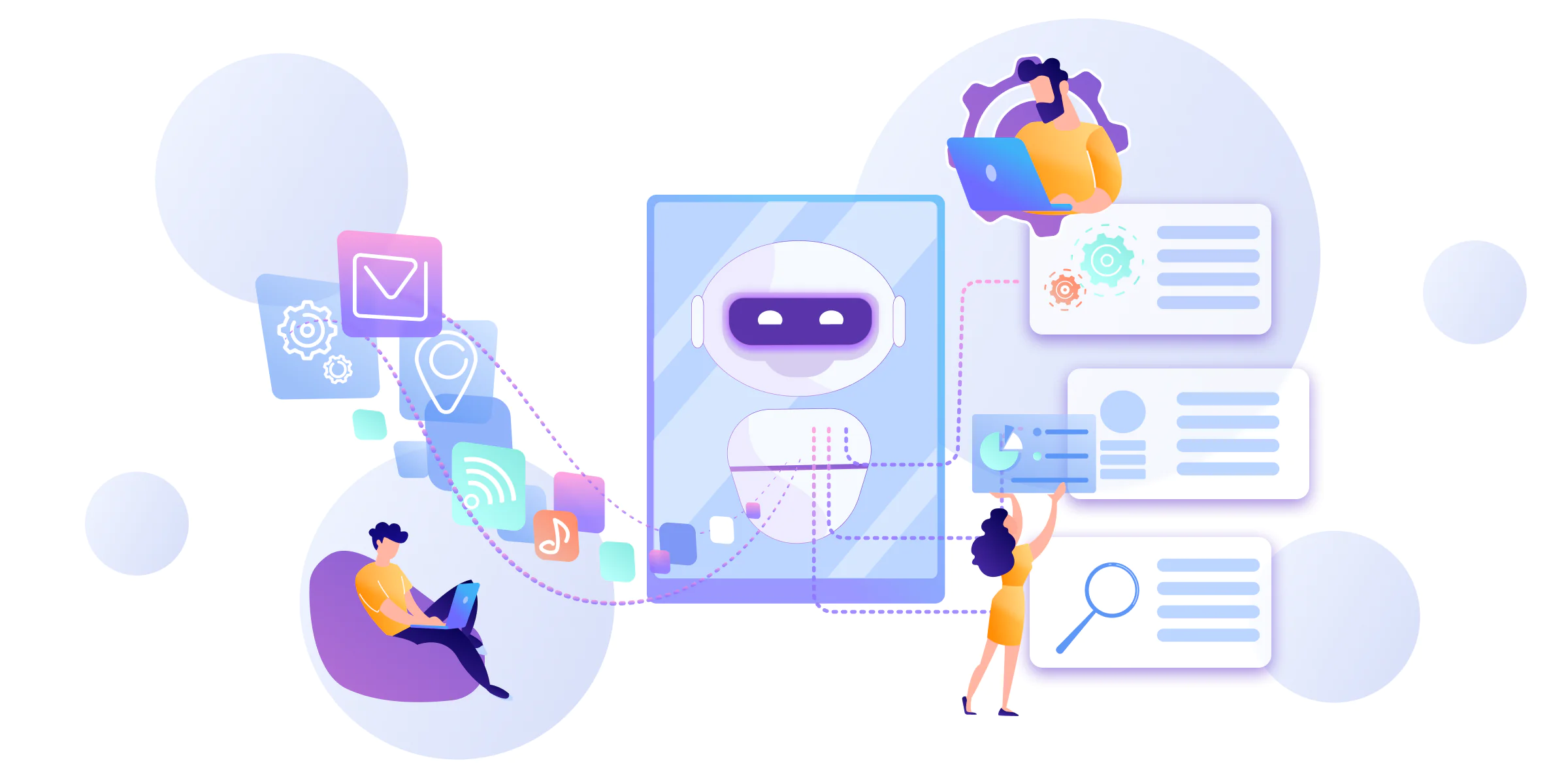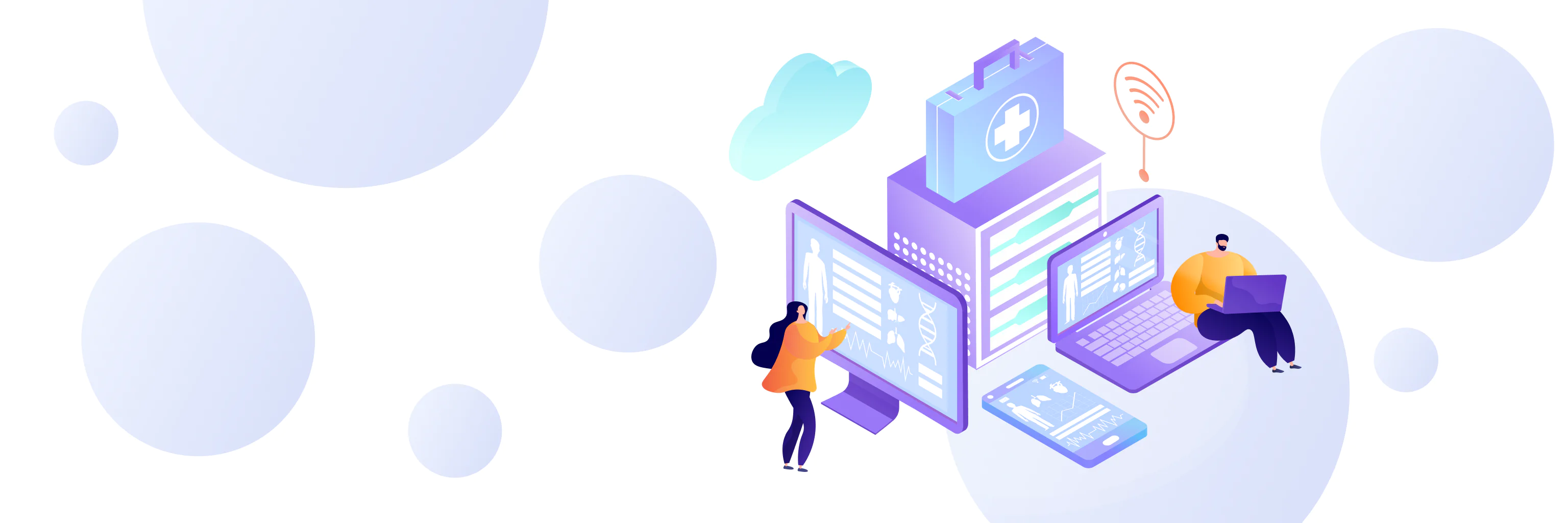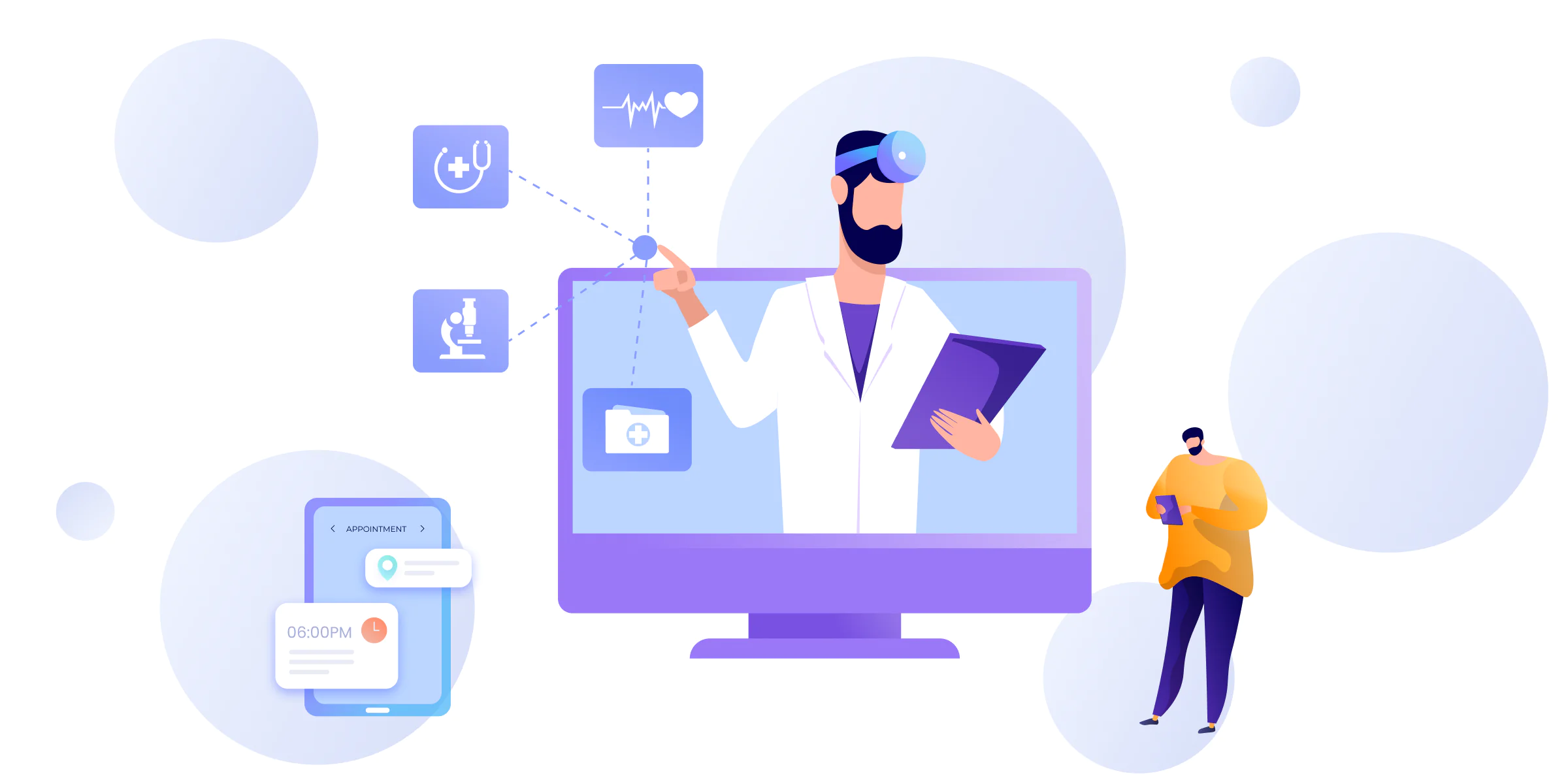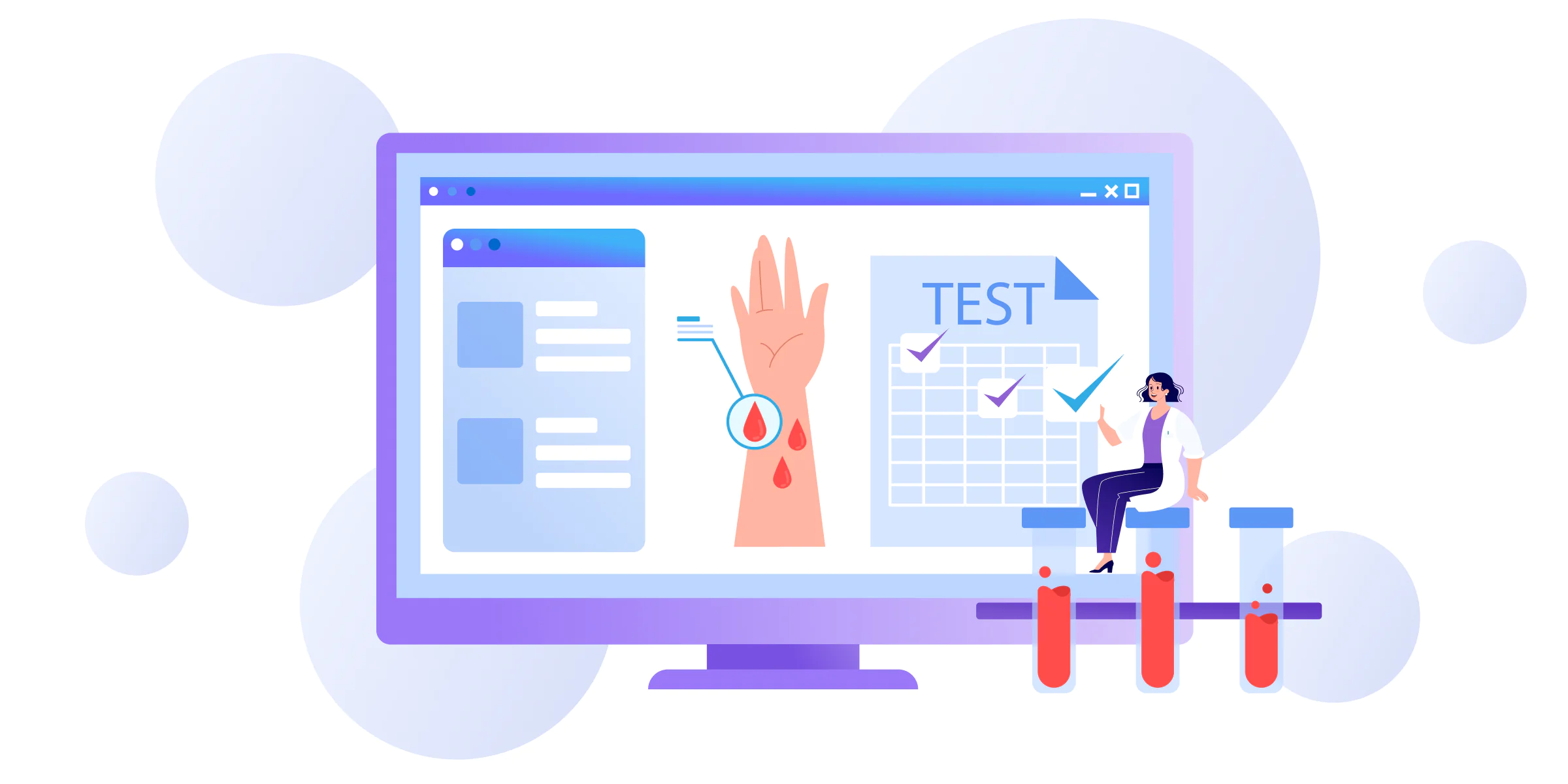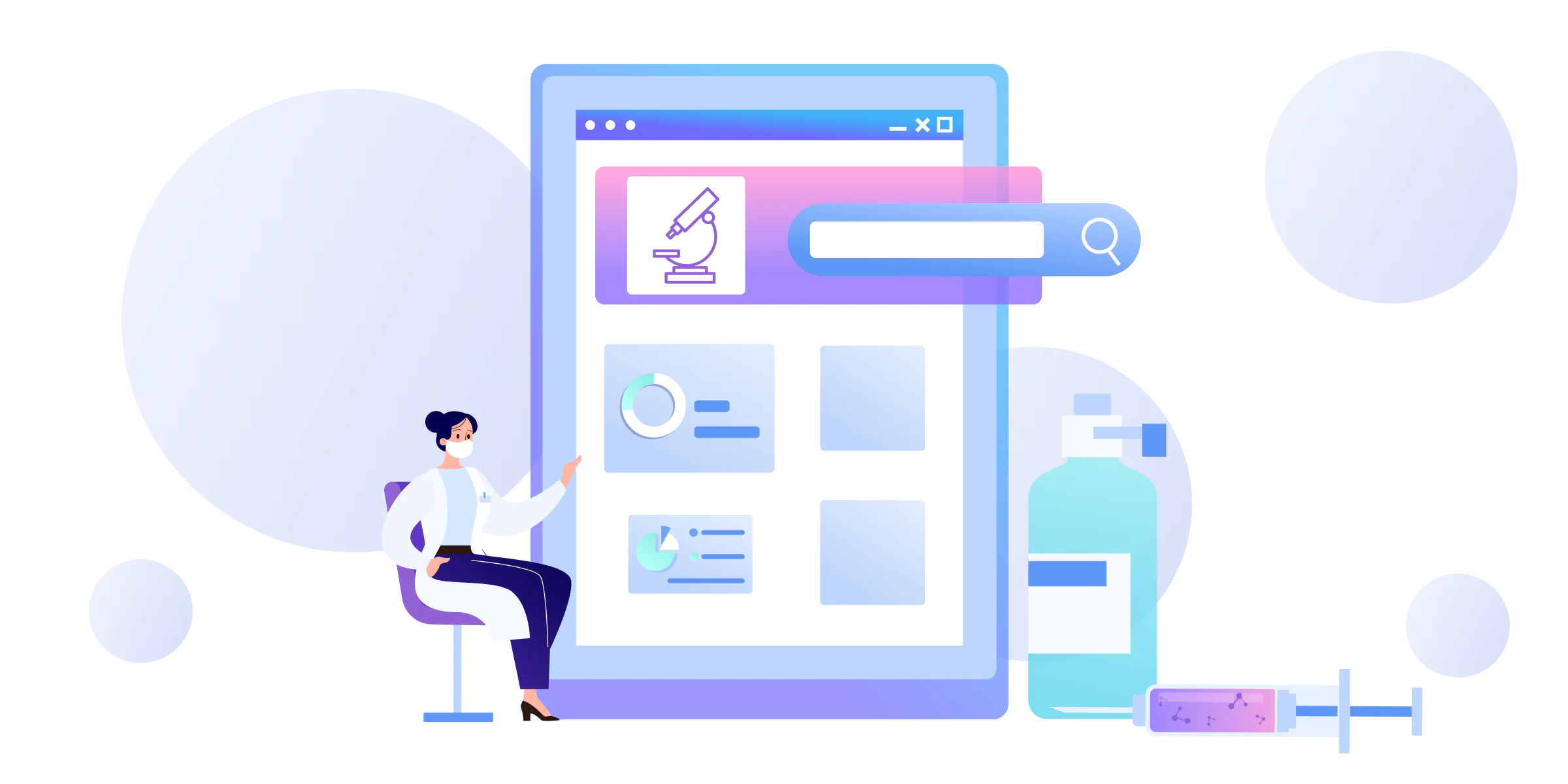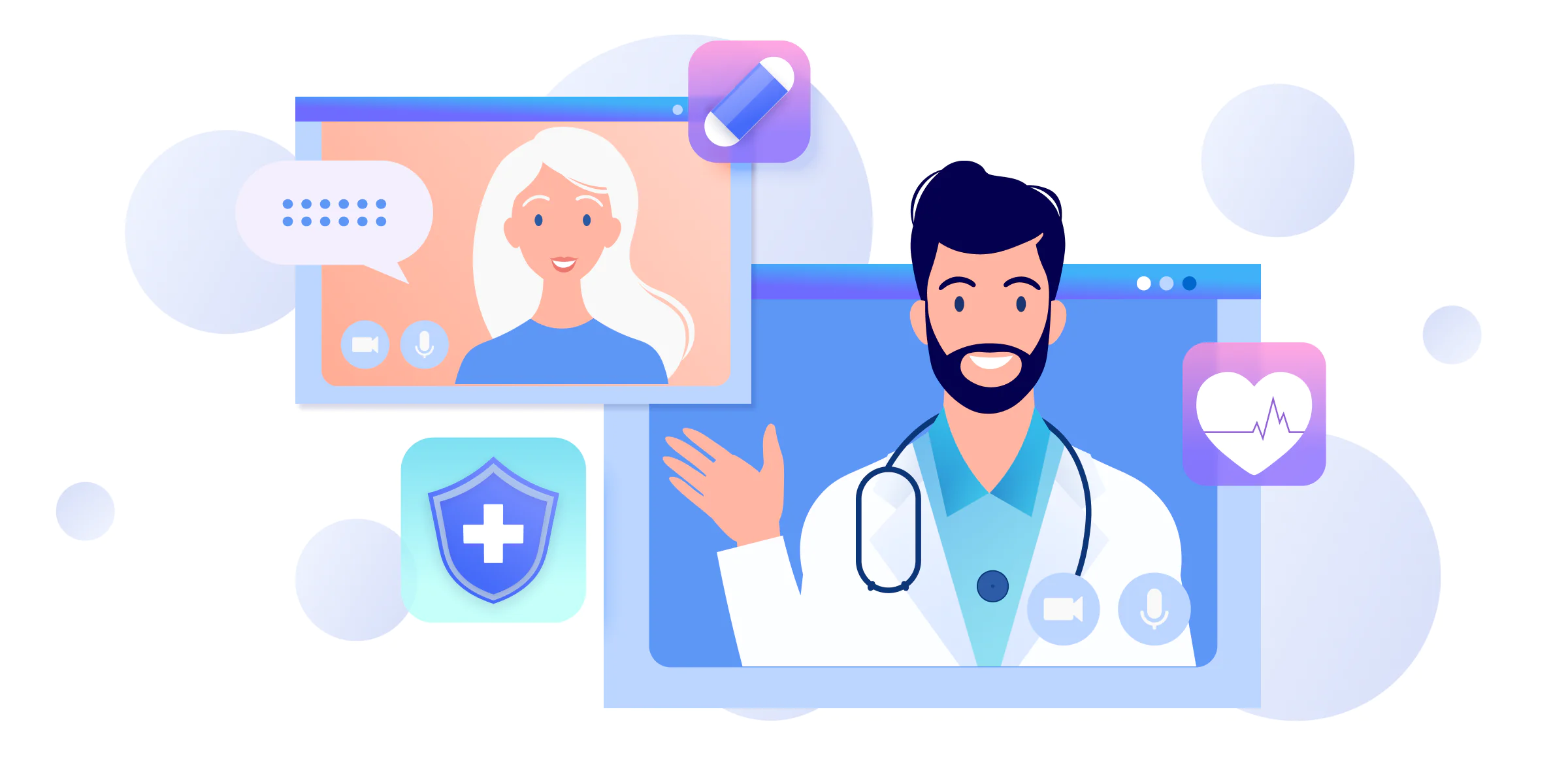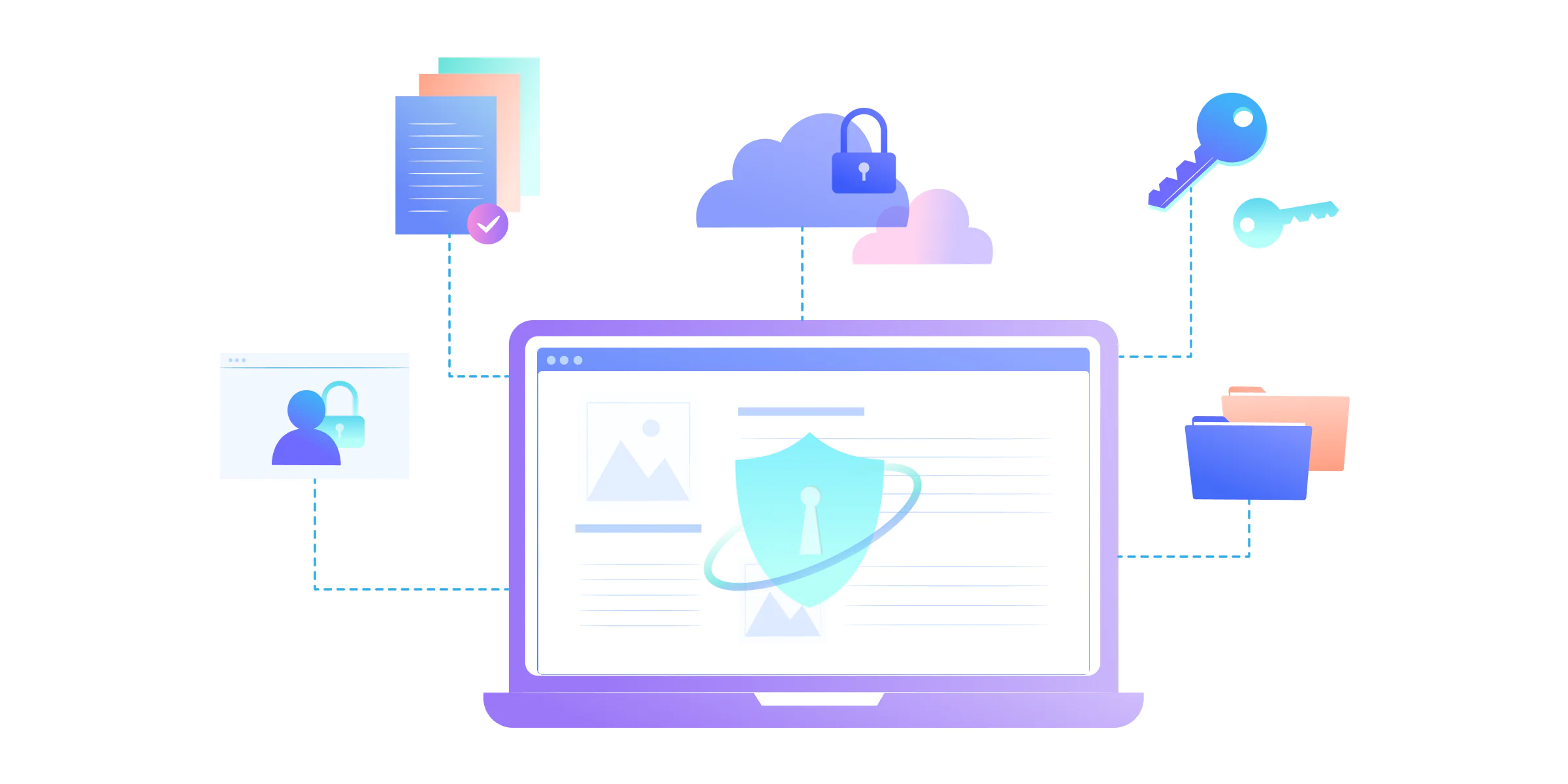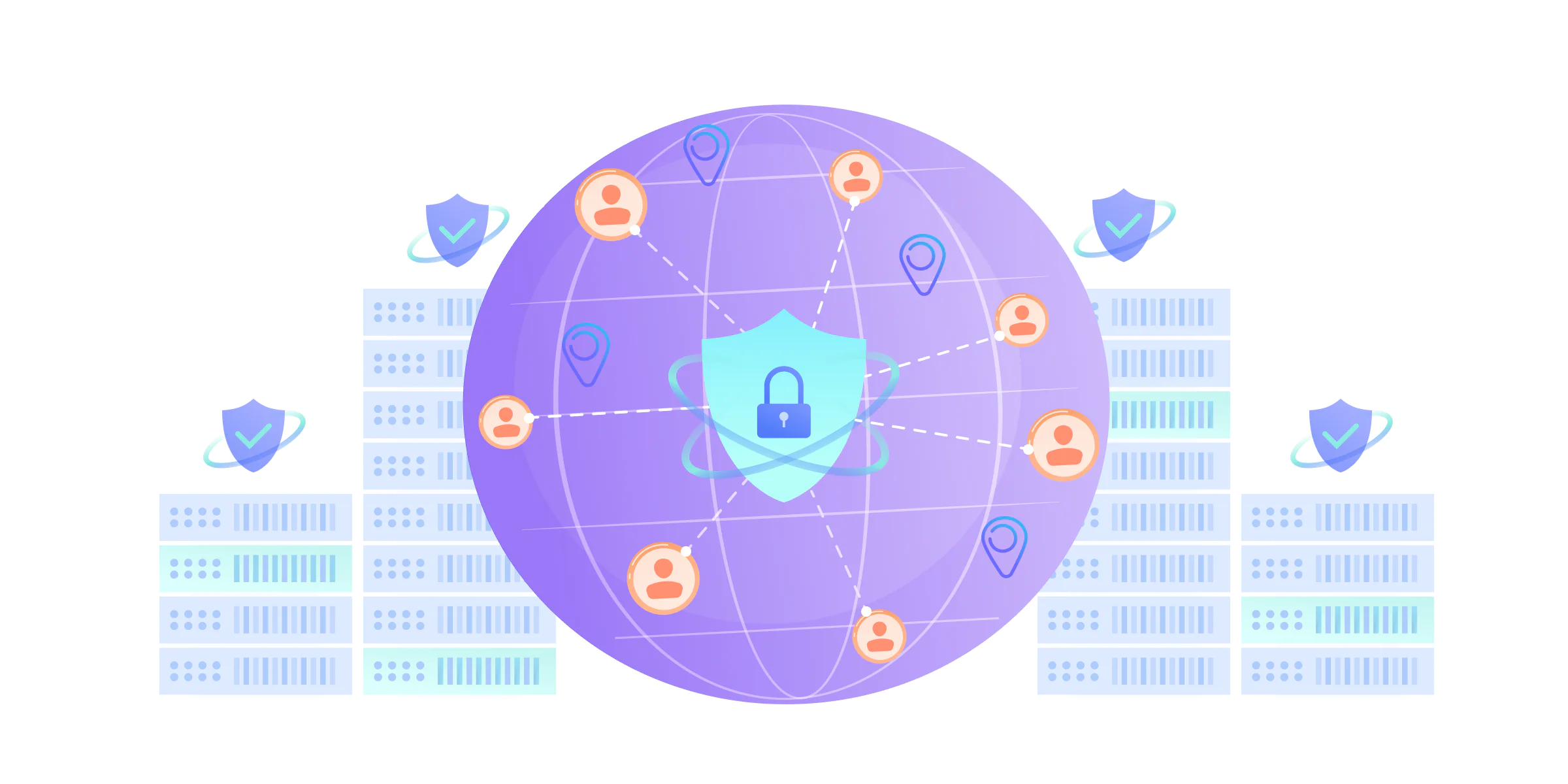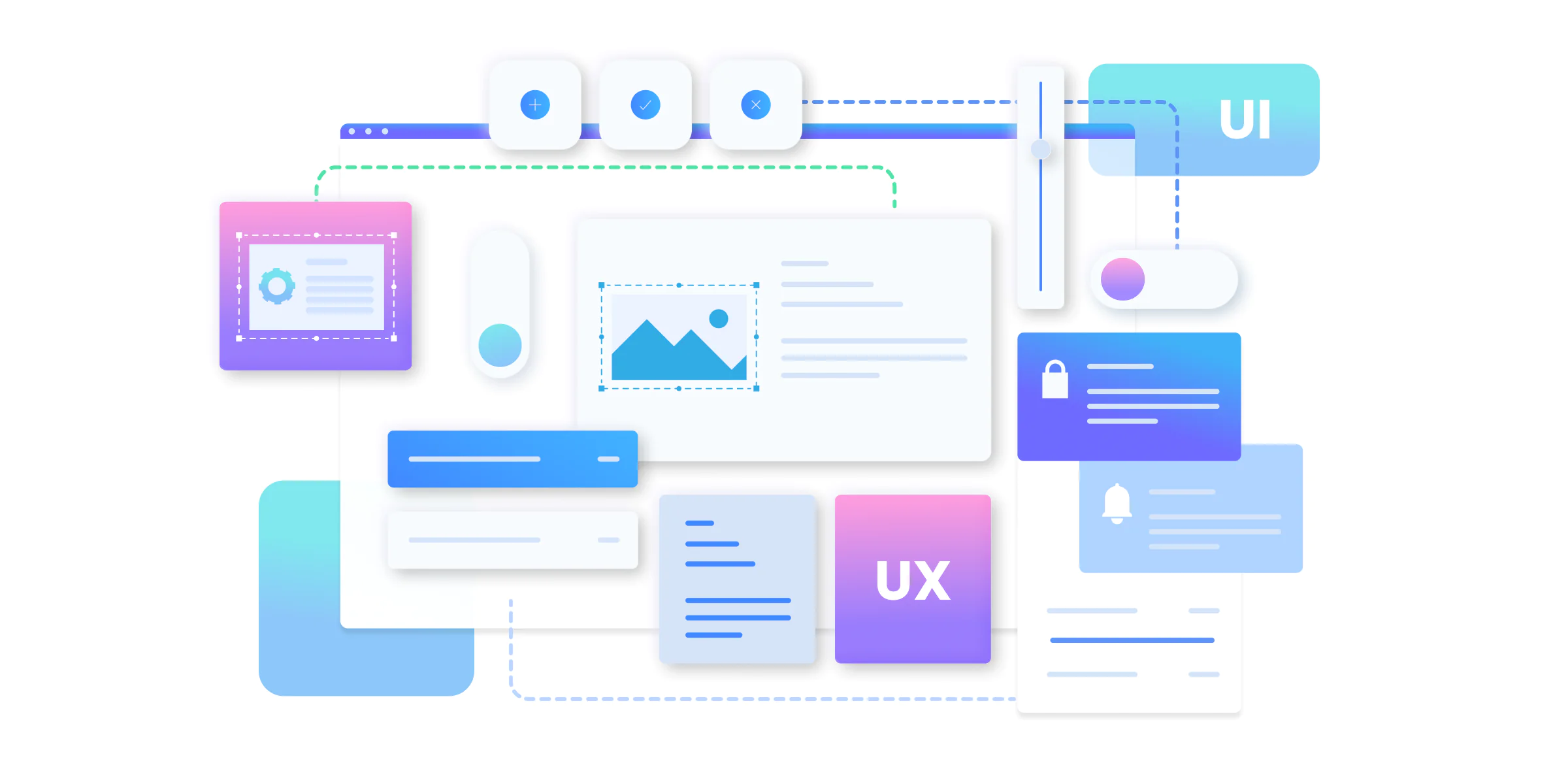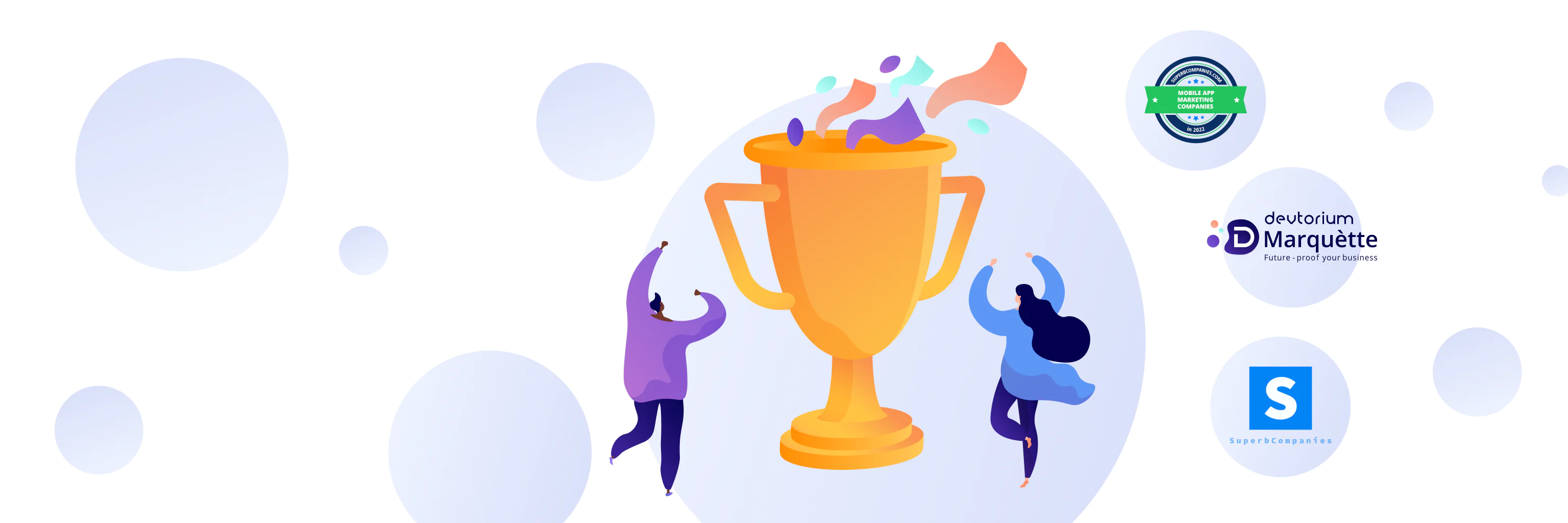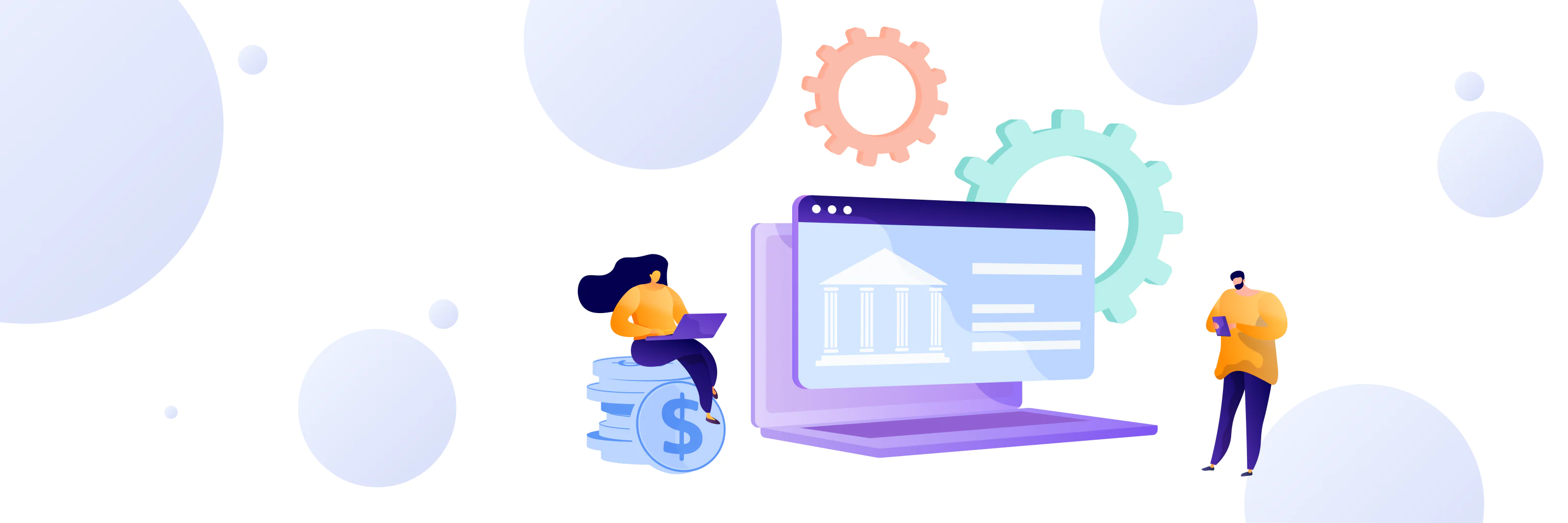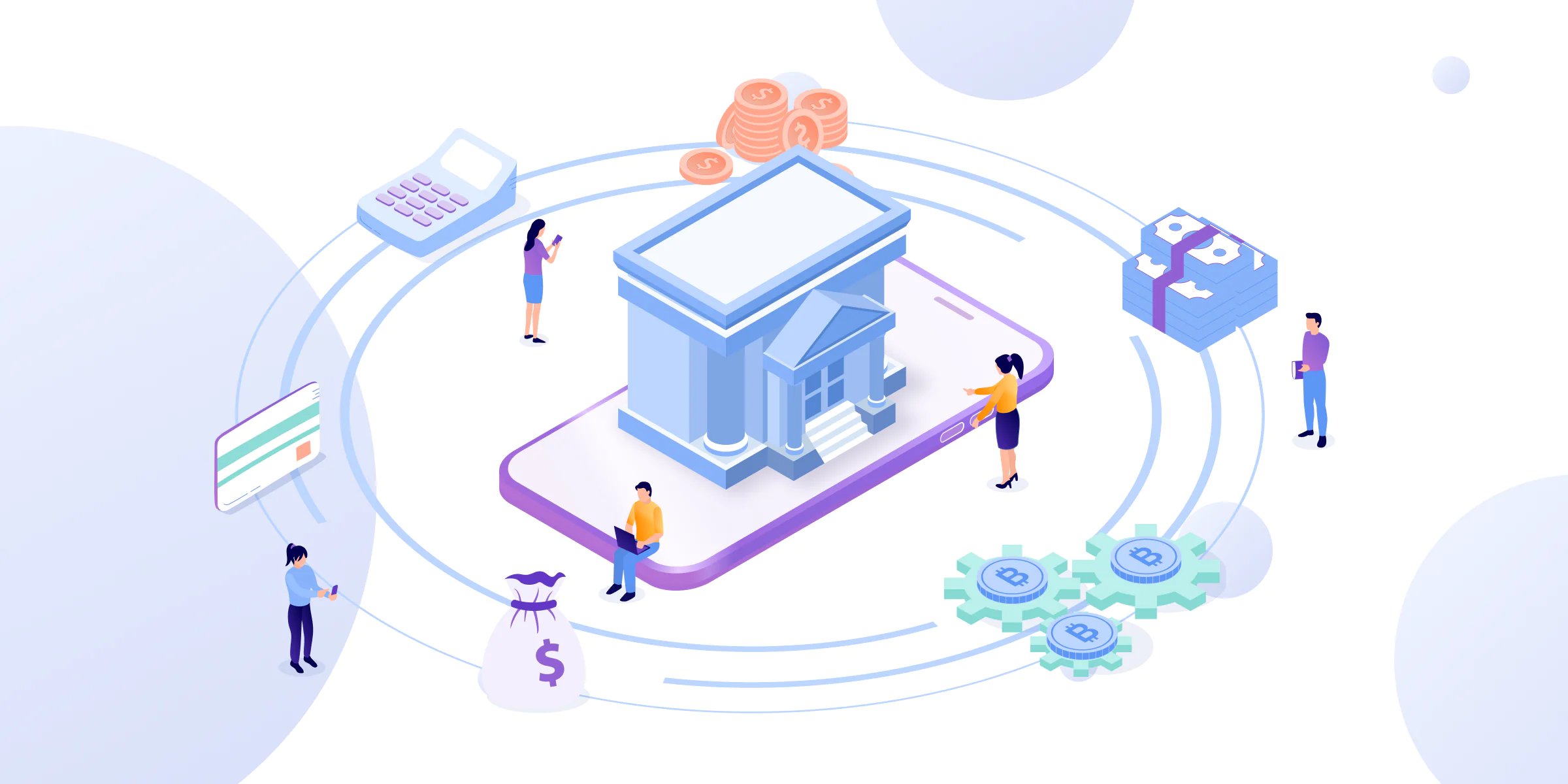Are you looking to hire a fintech software company to develop an innovative solution for your business? With so many companies offering different services and packages, it can take time to determine which is the right fit for your needs. In this blog post, we will provide you with the necessary steps to help you find the perfect software company for your project. We will discuss every step, from researching potential companies to negotiating terms and signing a contract.
How does this intro sound to you?
As you know, Devtorium has been working on an AI-powered platform Marquètte, an online content generator that can help copywriters and marketers everywhere. We’re proud to announce our latest update, Content Templates. They are blueprints that allow users to generate specific types of texts optimized for various purposes. At the moment, our primary focus is marketing texts, including:
- Product descriptions
- SMM posts/ads
- Blog posts
- Quora answers
However, we are expanding our templates library. We already have several options useful for students, such as an online essay generator or a template that can provide you with complex mathematical formulas.
Of course, AI is not as good a writer as a talented and experienced human. However, it’s learning with every iteration, so the quality of the content it can generate constantly increases. Check it out for yourself by reading the post below. Find out how to hire fintech software developers in the words of artificial intelligence.
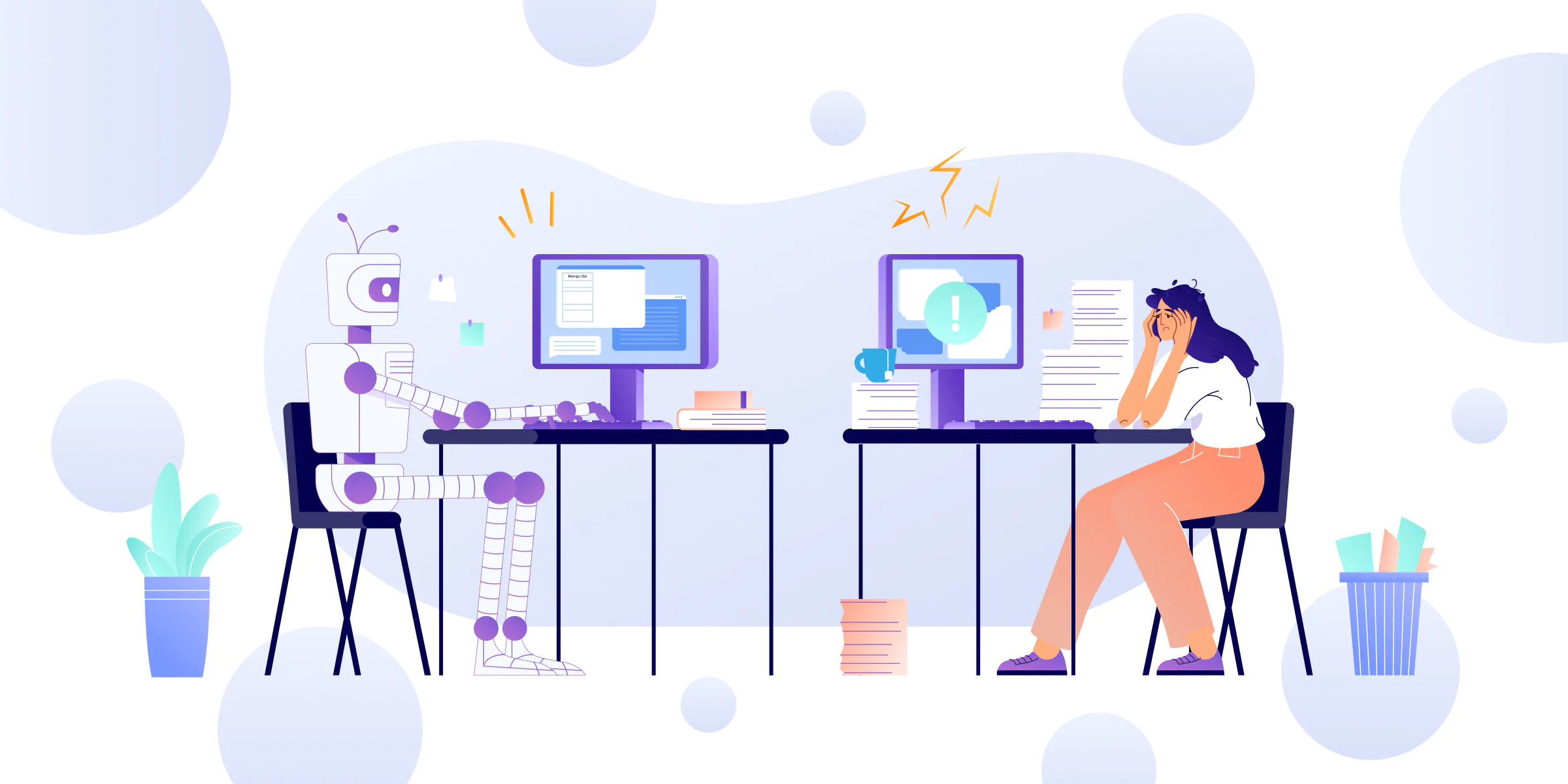
Hiring a Fintech Software Company Step 1: Research the Market
Research potential companies to hire by Googling and reading reviews on specialized websites, like Clutch. Look for companies specializing in fintech software development with a proven track record. Ask for references and get in touch with their former clients to learn more about their experience. Finally, ensure the company you’re considering has the necessary skills and experience to deliver the desired results.
Step 2: Set Your Requirements for a Fintech Software Company
Start by creating a list of criteria for selecting a fintech software development services provider. Consider the company’s size, its experience in the fintech sector, and its portfolio. Additionally, review their customer service policies and pricing structure. Make sure to include its reputation and customer reviews in your considerations. In addition, define your project goals so you can make sure that the fintech software company has the necessary skills stack.
Step 3: Request Quotes from Fintech Software Development Companies
Reach out to potential fintech software development providers and ask for quotes. Make sure to provide them with all the necessary information about your project. Ask for a timeline of when the project will be completed. Compare quotes from different companies and choose the best fit for your needs.
Step 4: Review Fintech Development Projects Portfolios
To select the right fintech software company, compare portfolios from several vendors. Look at their past projects and read reviews from previous clients to get a better idea of their services. Then, ask questions to ensure that the vendor can meet your requirements. Once you have selected the right partner, you can begin the project.
Step 5: Ask for References and Check Fintech Software Company Reviews
Before you hire a fintech software company, ask for references from their previous clients. You should also check online reviews to see what other people say about their services. Make sure to read both positive and negative reviews to get a full picture of their expertise. Finally, ask questions so that you can be sure that the company is the right fit for your project.
Step 6: Negotiate Terms and Agree on a Project Timeline
Once you’ve chosen a fintech software company to work with, it’s important to negotiate terms and agree on a timeline for the project. Discuss the project scope, budget, and timeline in detail before signing any contracts.
Step 7: Sign a contract and begin the project
Once all details with the fintech software development provider are settled, it is time to sign the contract. Make sure all terms and conditions are clear and agreeable before signing. If you don’t have an in-house professional, consider discussing the document with a legal expert before finalizing the deal. Once the contract is signed, you can begin the project.
Bottom Line: Hire Fintech Software Developers You Can Trust
Hiring a fintech software company can be daunting, but with the proper research and criteria, you can make the process much easier. Taking the time to contact potential companies, compare quotes and review portfolios, and ask for references and reviews is essential to finding the right fit. Once you have identified the best candidate, negotiating terms and signing a contract will help ensure that your project runs smoothly and successfully. With these steps in mind, you can find the perfect fintech software company for your needs.
So, what do you say about a post generated by AI?
Does it meet your expectations?


